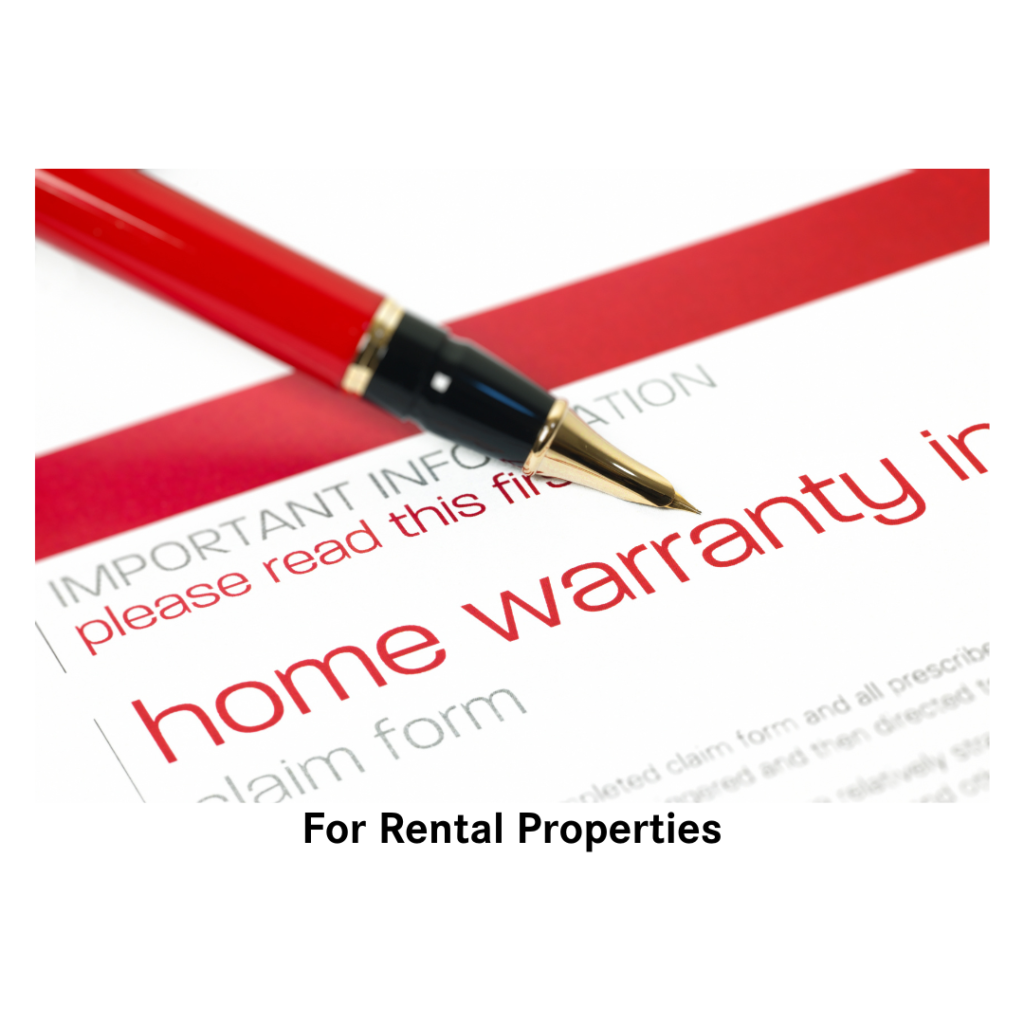
Home warranties can be a useful tool for homeowners to protect against unexpected repair costs for their primary residence. However, they may not be as beneficial for rental properties as it may seem – knowing what your service charge fee is can help manage maintenance expenses, but there are other points to consider:
- Limits on coverage: Home warranties typically have specific coverage limitations and exclusions, which may not be suitable for rental properties. For example, many home warranties do not cover appliances or systems that are used for commercial purposes – some warranty companies may consider a rental property as a commercial purpose so read the fine print.
- Substandard service: While not always the case, warranty companies generally are paying a lower-than-typical service call fee to the provider. Therefore, only providers that are not filling their calendars with customers that are paying typical fees are the ones signing on to the program. In addition, they are providing the quickest and cheapest “fix” to the immediate problem and not necessarily a larger issue, resulting in multiple service calls and their related fees and tenant dissatisfaction.
- Service delays: Warranty companies provide a limited number of providers… this can result in service delays during peak times leading to tenant dissatisfaction. In addition, many warranty companies save costs by requiring the service providers to use their centralized parts distribution center… so a repair that could possibly be done in a single day by a provider using a local parts house, may take a week or more to ship the part from their centralized distribution center – and in some cases, their distribution center may have the part on back order while it is locally available. These delays can result in needing to give the tenant a concession for the delayed repair and in some cases, you may be running afoul of state regulations requiring essential service repairs to be addressed within a specific timeframe.
- Administrative oversight: Using a warranty company can mean extra time for the management company… the time to call the warranty company to submit a claim, to call and follow up regarding the assigned vendor, paying the service call fee up front… all of these things are extra administrative effort and outside the management company’s typical procedure for handling maintenance issues and therefore, many management companies will charge an extra administrative fee for handling warranty claims.
- Communication: Many warranty companies will always revert to calling the owner and holder of the warranty. While this seems logical to them, it can create massive delays when they should be calling either the property manager or the tenant themselves to schedule repairs or give updates. The service providers are generally not required to give regular updates on the status of the repairs/parts/expected completion which could result in the need for additional calls to the warranty company.
- Overall tenant satisfaction: the number one reason that tenants do not renew their lease is dissatisfaction with how maintenance issues are handled. Most homes, regardless of their age, will have some sort of maintenance calls… and while an annoyance, it is not the number of maintenance calls but the ease and efficiency with which they are handled. Using a warranty company can put unnecessary delays and added layers of complication that take away the ease and efficiency for tenants to a point that they do not wish to renew and continue the hassle.
While the idea of the home warranty for rental property may seem like a no-brainer and easy way to manage maintenance expenses, the unknown expenses, delayed larger repairs and turnover costs may far out-weigh the benefit.
